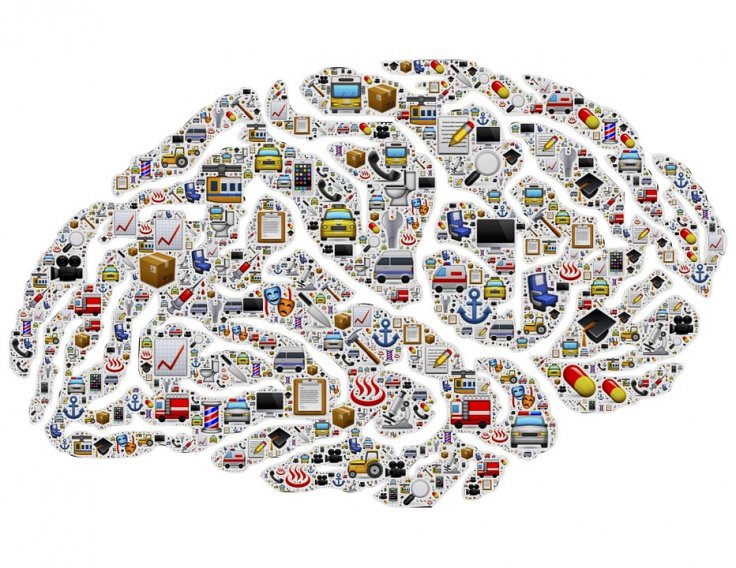
The dysfunction of a specialized lineage of brain cells called Hoxb8-lineage microglia is linked with behaviors such as obsessive-compulsive disorder (OCD) and anxiety, scientists found in research in mice, and female sex hormones cause more severe OCD behaviors and induce anxiety.
According to a research by scientists from the National Institute of Mental Health, manipulation of estrogen and progesterone at male-levels in the female mice resemble a male response to OCD and anxiety, while OCD behaviors in male mice at female hormone levels seem more like the female's severe symptoms and show signs of anxiety.
The research said Hoxb8-lineage microglia prevented mice from displaying OCD behaviors, and the animals, when disabled with these brain cells, exhibited excessive overgrooming behavior. The research by the University of Utah scientists suggested the symptom in mice resembled the behavior of OCD called trichotillomania, a disorder causing people to obsessively pluck out their own hair.
Lead author Dimitri Traenkner, research assistant professor in the School of Biological Sciences at the University of Utah, said the study, aimed at helping people who experience anxiety, opened a new "way to test new drugs to help these mice and hopefully at some point, help people". Microglia – brain cells crucial for the development of the brain in the womb -- ensure that brain structures and neural circuitry wired together correctly.
According to scientists, Hoxb8-lineage microglia make up about 30 percent of all microglia in the brain. Hoxb8 -- a transcription factor protein -- can alter cell behavior by switching genes on and off. Nobel laureate and senior author of the study, Mario Capecchi, who long suspected that Hoxb8-microglia was special, in a previous research had disabled the brain cell lineage to expect some impact on development, but the mice seemed fine until he noticed that the rodents without Hoxb8 groomed significantly more and longer than what would be considered healthy.
Traenkner said researchers had long suspected the role of microglia in anxiety and neuropsychological disorders because they could release substances harmful to neurons but was surprised to find that microglia actually protected from anxiety, "they don't cause it", and female sex hormones derived symptom severity.
The findings published in journal Cell Reports could spark new microglia-focused studies in patients with anxiety to help health professionals better treat the debilitating disorder. One in every three people experience debilitating anxiety that prevents them from going about their normal life, and women are more at risk of suffering from anxiety than males, said the researchers.









